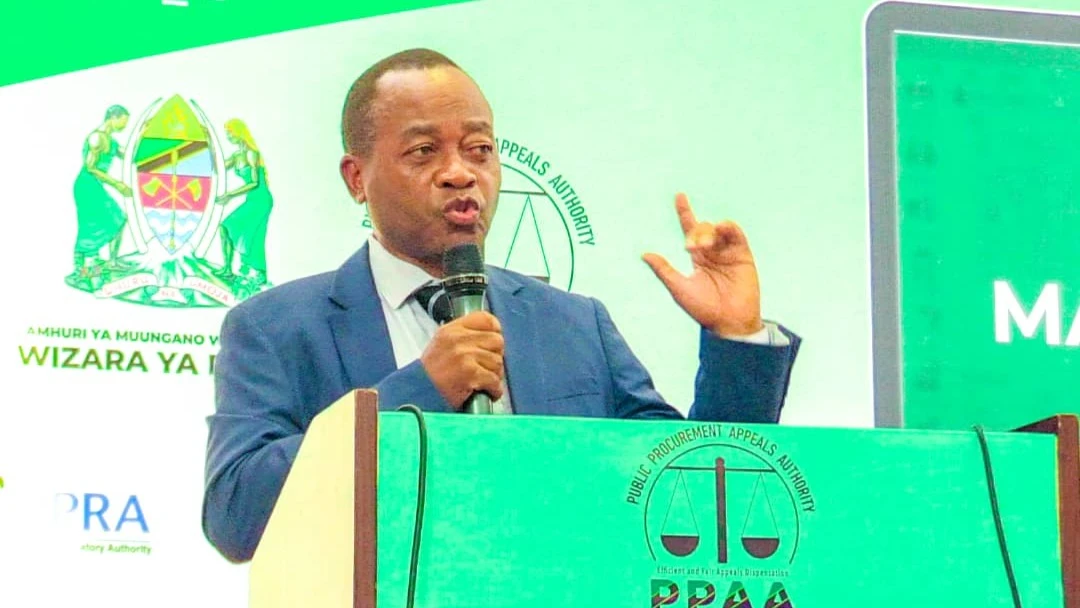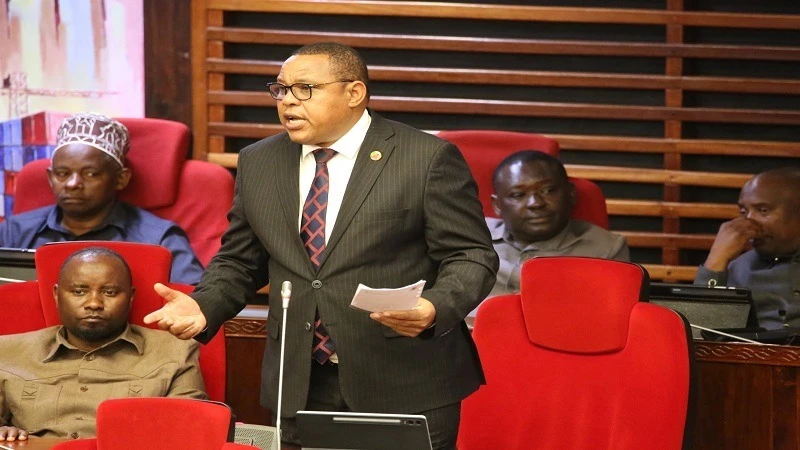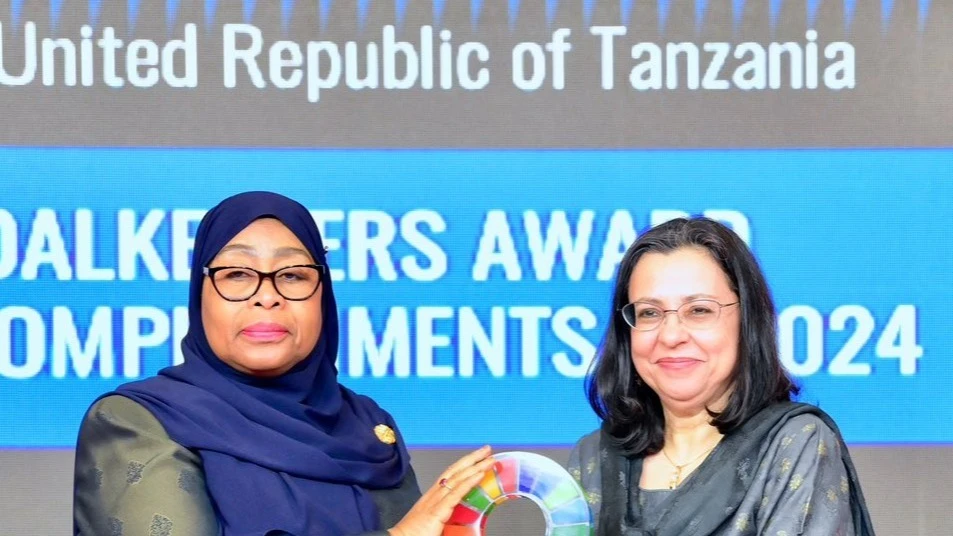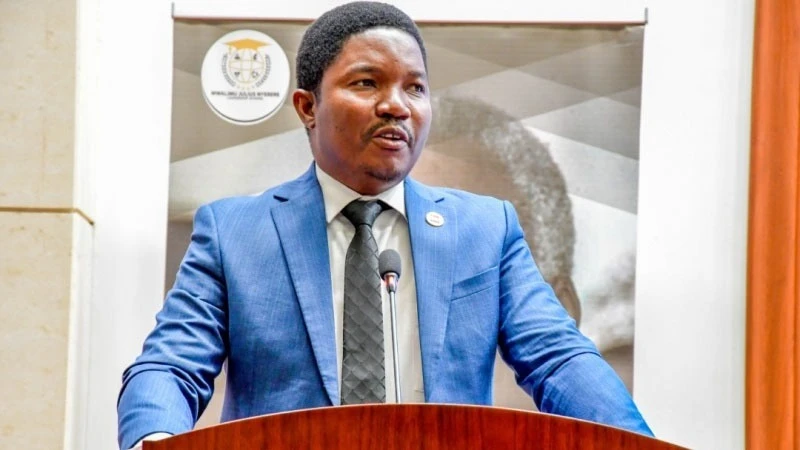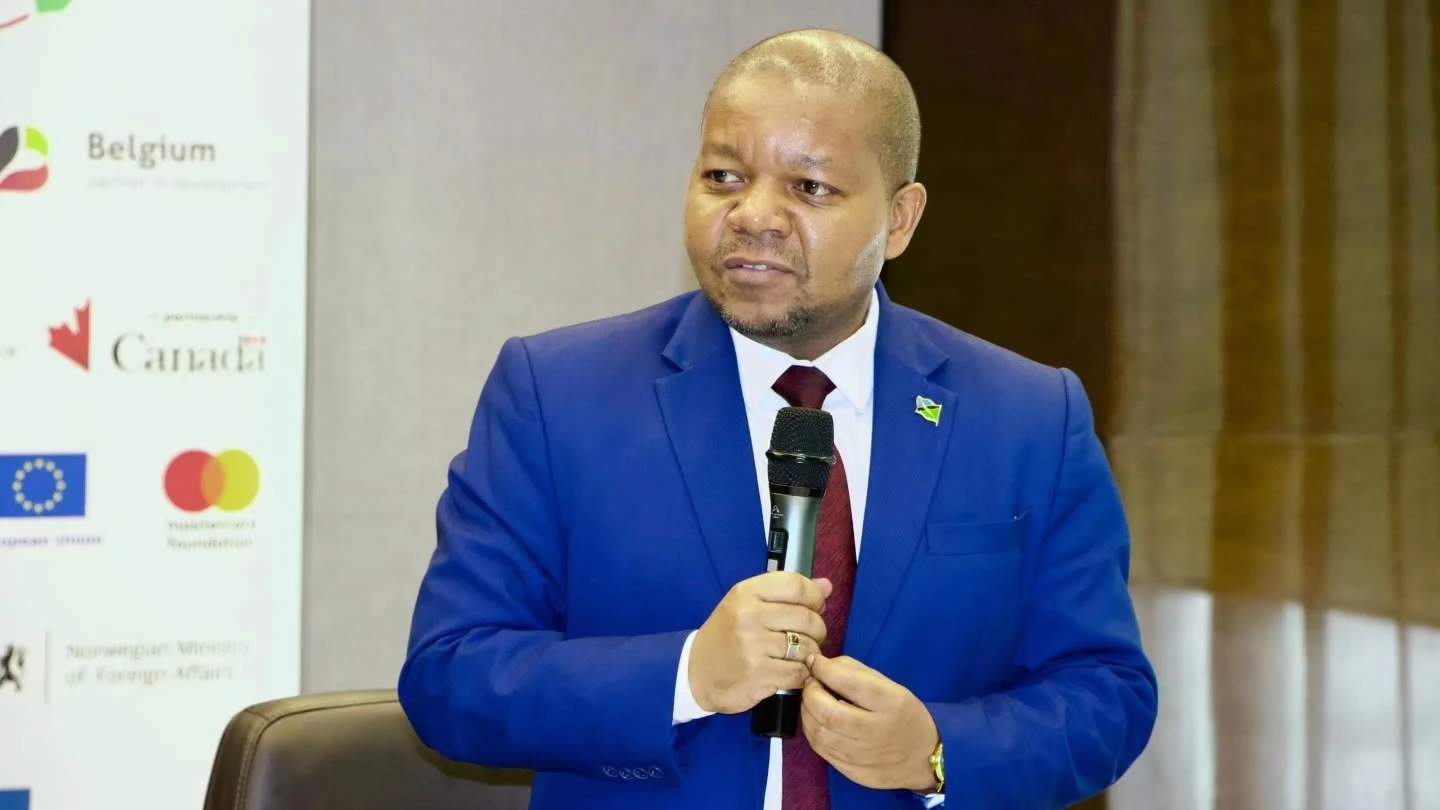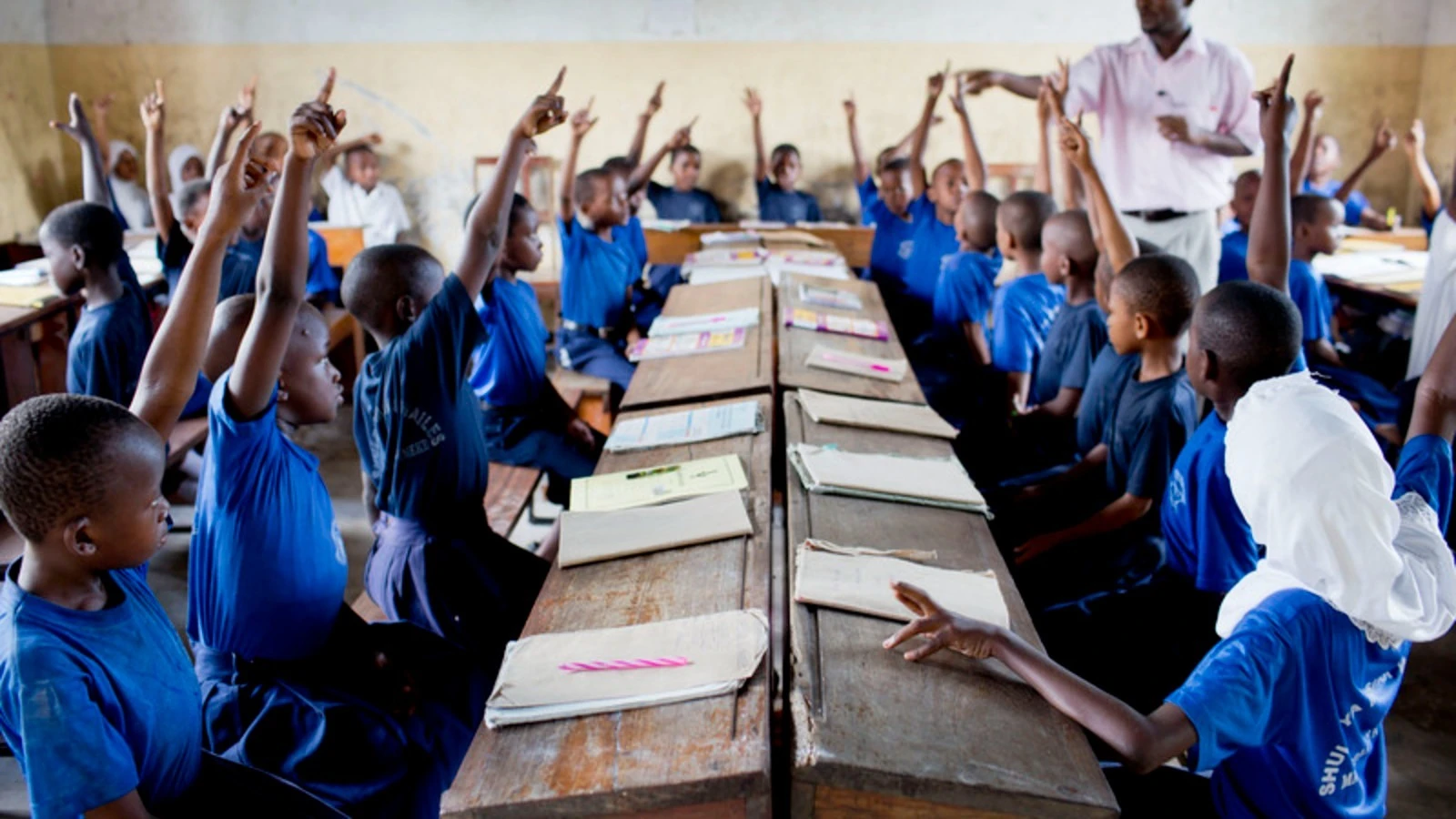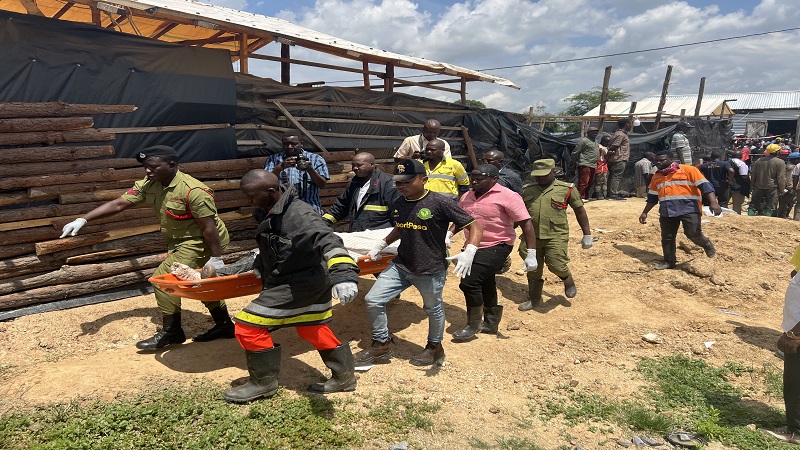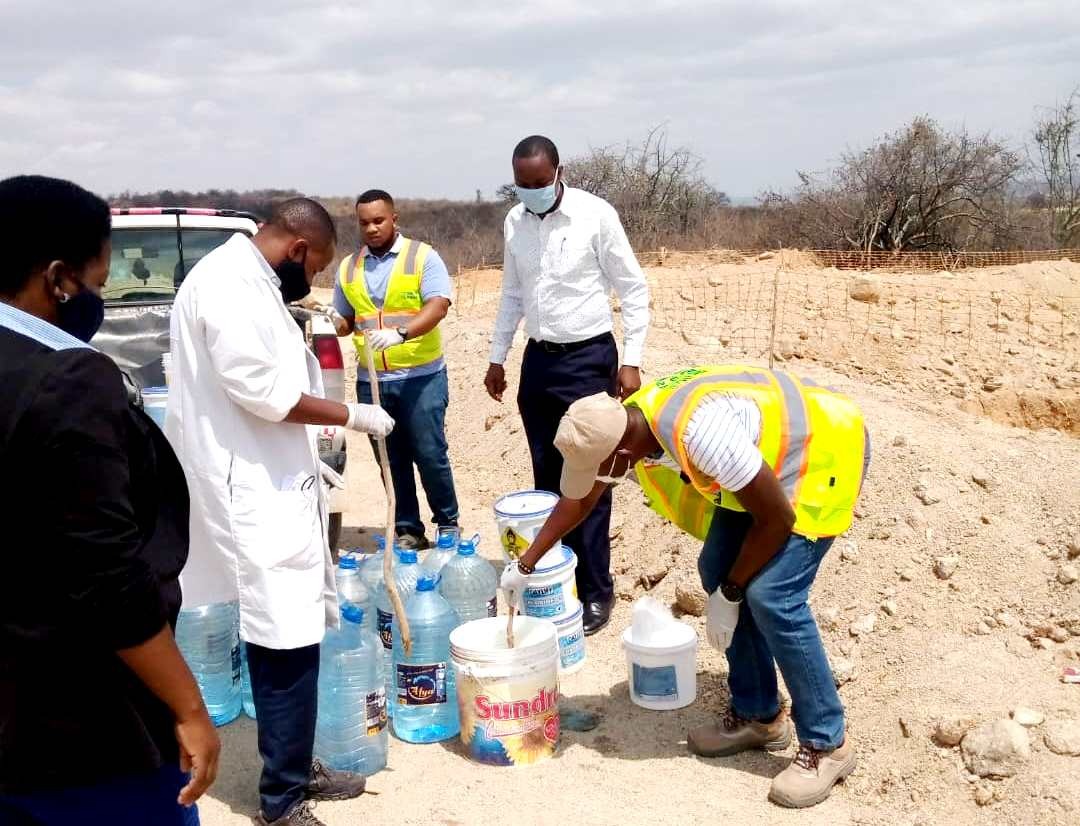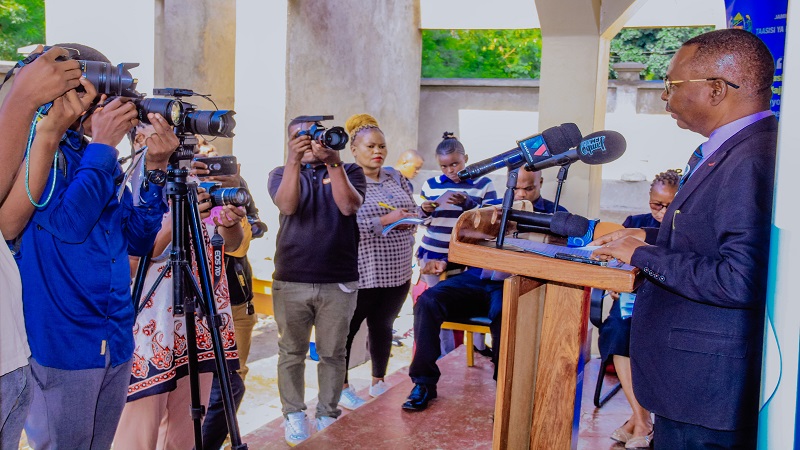Ministry testing WHO approved malaria jabs
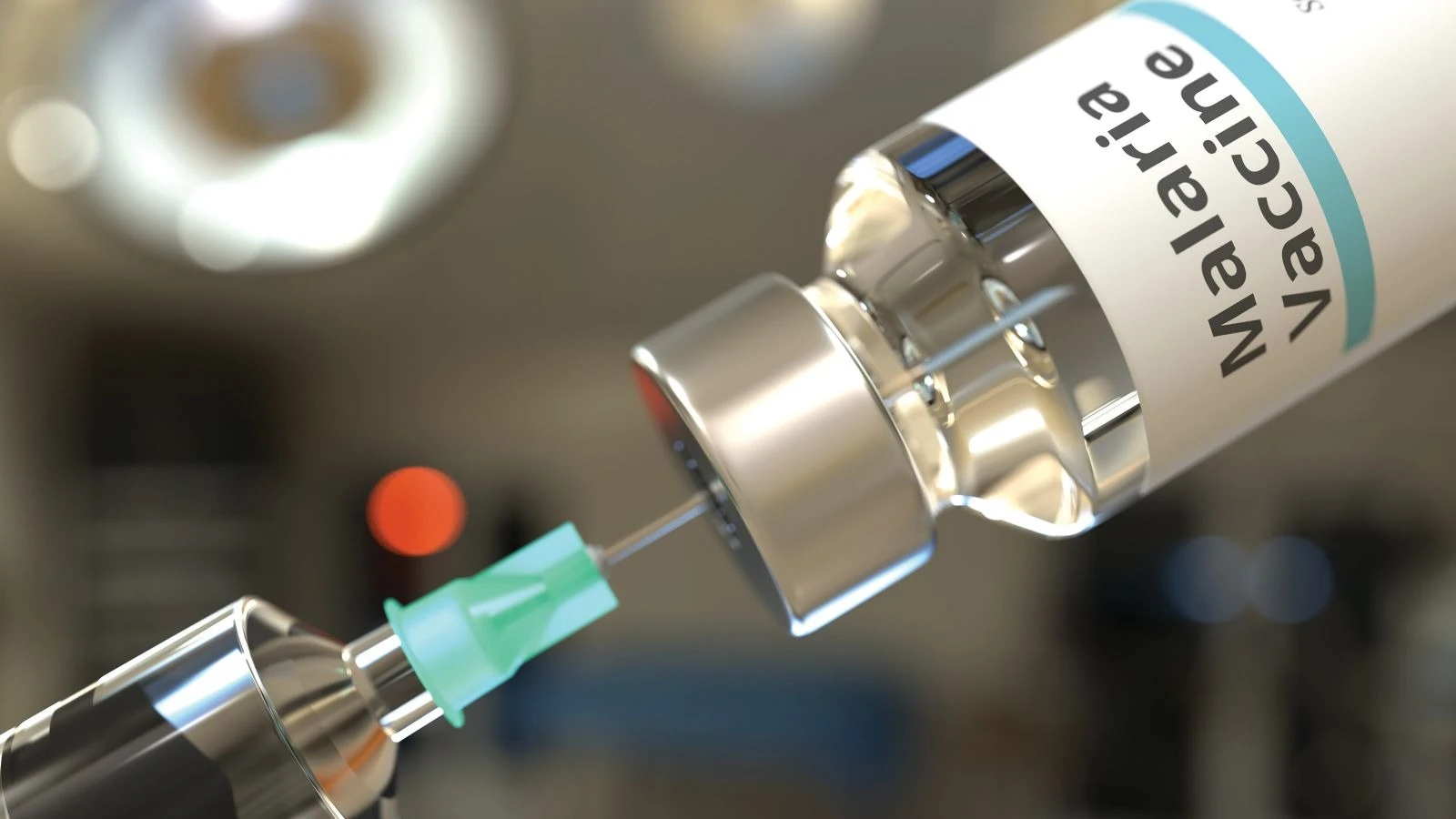
THE Ministry of Health is awaiting recommendations from the national immunisation technical advisory group (NITAG), tasked to assess and provide feedback on the cost, quality and availability of two malaria vaccines.
Dr Samwel Lazaro, the national malaria control programme manager, said that two vaccines – RTS.S and R21 are yet to be introduced, following approval by the World Health Organisation (WHO) for R21 in October 2023 and RTS.S/AS01 back in 2021.
He said the two vaccines are currently under review and await approval from the ministerial panel before they are formally introduced in the country.
“The ministry is relying on expert advice from NITAG to support the rollout of the vaccines, particularly for children under five, who are most vulnerable to malaria,” he stated.
Online entries say the R21 vaccine is a recombinant, adjuvanted malaria vaccine developed by the Jenner Institute at Oxford University and the Serum Institute of India.
Similarly, an entry by WHO dated October 2, 2023 says that the R21 vaccine is the second malaria vaccine recommended by WHO, following the RTS.S/AS01 vaccine.
The RTS.S vaccine, developed by the Belgian firm GSK “has not yet met the required registration standards set by the Tanzania Medicines and Medical Devices Authority (TMDA) as the government is awaiting the manufacturer’s completion of the registration process.”
The R21 vaccine obtained ministerial registration back in July 2024, but it also requires further evaluation by NITAG before it can be used.
"We are following WHO guidelines on vaccine deployment and are awaiting the report from NITAG for expert advice on the quality, cost, availability and safety of these vaccines," the manager affirmed.
Data from the National Bureau of Statistics (NBS) for 2022 showed that only eight out of every 100 people countrywide were found to have malaria parasites, he said, profiling efforts to reduce malaria infections.
This represents significant progress compared to the 1990s, when 50 to 60 out of every 100 people were infected with malaria, he said, attributing the progress to prevention and treatment strategies.
Underscoring the need to combat the disease particularly through vaccination, he said that the government is strengthening its efforts to prevent and treat malaria.
For the 2024/2025 financial year, 10bn/- has been allocated for the purchase of larvicides from the mosquito larvicide production plant in Kibaha, Coast Region, while 1bn/- has been earmarked for the purchase of biological mosquito spraying pumps.
WHO data indicates that malaria causes 75percent to 80percent of deaths in children under five, with local emphasis directed at the provision of mosquito nets for children and expectant mothers.
It also seeks to promote environmental cleanliness, fill stagnant water pools and use biological insecticides to control malaria-carrying mosquitoes, the manager added.
Top Headlines
© 2025 IPPMEDIA.COM. ALL RIGHTS RESERVED








